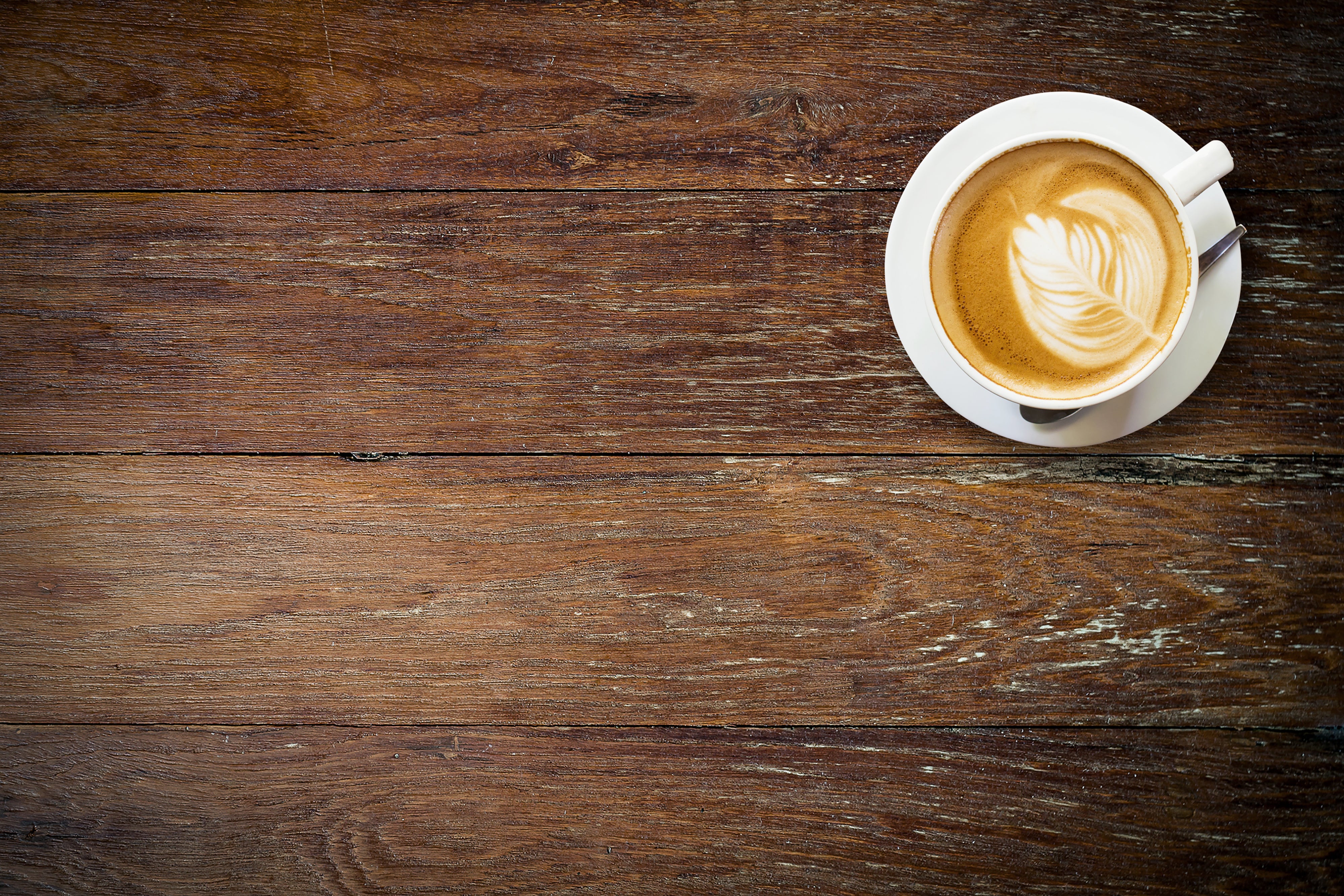Article: The Surprising Link Between Caffeine and Better Sleep

The Surprising Link Between Caffeine and Better Sleep
Caffeine, widely recognized as a stimulant, seems an unlikely ally in the pursuit of a good night's sleep. Yet, an intriguing body of research suggests that, used strategically, caffeine can indeed improve sleep quality. Before raising eyebrows, it's important to clarify that we are not advocating chugging an espresso immediately before bed. However, there are various ways that judicious caffeine consumption can indirectly promote better sleep.
Understanding Caffeine's Effects on the Body
Caffeine's primary mechanism of action involves blocking adenosine receptors in the brain. Adenosine is a neurotransmitter that promotes sleep and relaxation; as the day progresses, adenosine levels gradually increase, eventually signaling the brain that it's time to sleep. Caffeine temporarily inhibits adenosine, delaying the onset of drowsiness and providing the energy boost many of us crave.
Using Caffeine Strategically
Caffeine has a half-life of about 5 to 6 hours, which means that 50% of the caffeine you consume is still in your body after that time. By timing your caffeine intake properly, you can leverage its stimulating effects during the day while ensuring it doesn't interfere with your nighttime rest.
For example, consuming caffeine in the early morning, ideally before 10 am, can help reset your internal clock, or circadian rhythm, enhancing alertness during the day and promoting sleepiness at night. Regularly timed caffeine intake can effectively reinforce your body's natural sleep-wake cycle, resulting in better sleep.
The Role of Caffeine in Physical Exercise
Caffeine is known to enhance physical performance, reducing perceived effort and fatigue. Regular exercise is strongly associated with improved sleep, and caffeine can act as a catalyst in establishing and maintaining an exercise routine. Working out, in turn, aids in tiring your body physically, leading to deeper, more restorative sleep. Just ensure you're exercising earlier in the day, as exercising too close to bedtime can have the opposite effect, making it harder to fall asleep.
Enhancing Short Rests with Caffeine
Another counterintuitive way caffeine can improve your sleep involves "caffeine naps" — a sleep hack that combines a short nap with moderate caffeine intake. The process is simple: quickly consume a caffeinated beverage, then immediately take a 20-minute nap. The caffeine takes about 20-30 minutes to kick in, so you wake up just as the caffeine is starting to take effect. Research shows this can significantly reduce sleep inertia, the groggy feeling often experienced after waking up, and increase alertness more than a nap or caffeine alone.
Some Caveats
Of course, moderation and understanding your personal tolerance level is key in utilizing caffeine for better sleep. Overconsumption of caffeine can lead to insomnia, restlessness, and other health issues. Also, caffeine isn't a substitute for healthy sleep habits. It should be used as a complement to, not a replacement for, good sleep hygiene practices such as maintaining a consistent sleep schedule, creating a restful sleep environment, and limiting exposure to screens before bedtime.
In conclusion, while caffeine's role as a sleep enhancer might seem paradoxical, when consumed strategically, it can be a valuable tool in promoting alertness during the day and enhancing sleep quality at night. Remember, everyone's relationship with caffeine is unique, so experiment wisely to find the routine that works best for you.
Apex Mind & Body
Apex Mind & Body contains natural caffeine sourced from green coffee bean extract and green tea extract. With only 2.5mg of caffeine per serving, it’s an easy fit into your daily routine.
